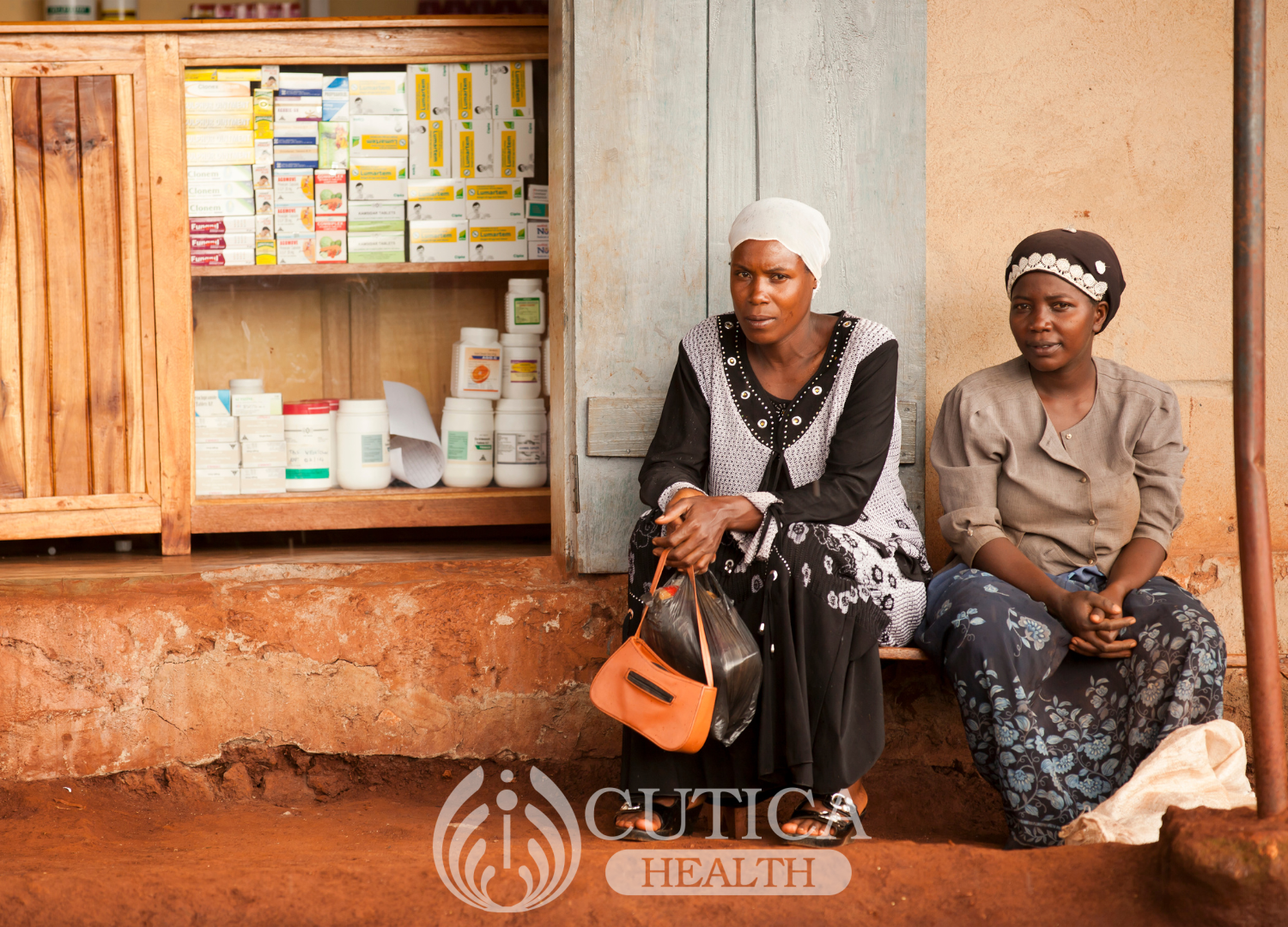
Cervical Cancer in Africa
Cervical cancer na significant health concern worldwide, and em impact dey particularly pronounced for Africa. While advancements for healthcare dey improve the overall landscape of cancer prevention and treatment globally, some regions still dey face unique challenges.
This na because of the abnormalities of such regions to challenges like access to healthcare, vaccine scarcity, etc. Africa continue to dey suffer from cervical cancer due to these abnormalities .
The Burden of Cervical Cancer for Africa
Africa dey bear irregular burden of cervical cancer, na the disease be one of the leading causes of cancer-related deaths among women for the continent.
Limited access to healthcare services, low awareness levels, and socio-economic factors dey contribute to the high incidence rates.
According to the World Health Organization (WHO), over 90% of cervical cancer deaths dey happen in low- and middle-income countries and Africa dey account for a significant portion of these cases.
For instance, Nigeria get population of 60.9 million women ages 15 years and older who dey at risk to develop cervical cancer. Current estimates indicate say every year 12075 women dey diagnosed with cervical cancer and 7968 die from the disease (HPV Information Centre).
The World Health Organisation (WHO) don note say cervical cancer dey rank as the 2nd most frequent cancer among women fit Nigeria and the 2nd most frequent cancer death among women between 15 and 44 years of age.
Contributing Factors
Wetin be the reasons behind these alarming figures about cervical cancer for Africa?
Several factors dey contribute to the high rates of cervical cancer for Africa.
Limited Access to Screening and Vaccination: Many African countries dey face challenges to provide widespread access to cervical cancer screening and HPV vaccination programs.
The lack of resources, infrastructure, and trained healthcare professionals hinder the implementation of preventive measures.
Cultural and Societal Barriers: Cultural norms and societal stigma fit nor make women go seek medical assistance, especially for intimate health issues.
This draw led for back matter dey result in delayed diagnosis and treatment, e go come lead to more advanced stages of cervical cancer.
High Popularity of Human Papillomavirus (HPV): constant infection with high-risk strains of HPV na the primary cause of cervical cancer. For Africa, the popularity of HPV dey high, so na why the need for comprehensive vaccination programs to take target young girls before their first sexual encounter.
Raising Awareness: To fight cervical cancer well, awareness campaigns dey play crucial role. To pass information about the risk factors for cervical cancer, like HPV infection, early initiation of sexual activity, and smoking, dey essential for empowering individuals to make informed choices.
Also, to encourage women to undergo regular Pap smears or HPV testing dey vital for early detection. Highlighting the importance of early diagnosis fit significantly improve treatment outcomes.
Promoting HPV vaccination na preventive measure, ideally before the onset of sexual activity, e fit significantly reduce the incidence of cervical cancer.
Preventive Strategies
Governments, NGOs, and healthcare organizations fit implement the following strategies to reduce the impact of cervical cancer for Africa.
Expand Access to Healthcare: Investing in healthcare infrastructure, training healthcare professionals, and making screening and treatment facilities more accessible fit contribute to early detection and improved outcomes.
Subsidize Vaccination Programs: Governments fit subsidize or provide free HPV vaccinations to make sure say broader coverage, especially targeting young girls for schools. This one dem don do am quite recently for Nigeria.
Community Engagement: to Engage with local communities, address cultural barriers, and to collaborate with community leaders fit help remove some myths and encourage women to prioritize their health.
Conclusion
To Address cervical cancer for Africa go require plenty approach wen go combine awareness, education, preventive measures, and improved access to healthcare. If we tackle these challenges head-on, we fit strive to reduce the incidence of cervical cancer, improve early detection rates, and ultimately save lives.












